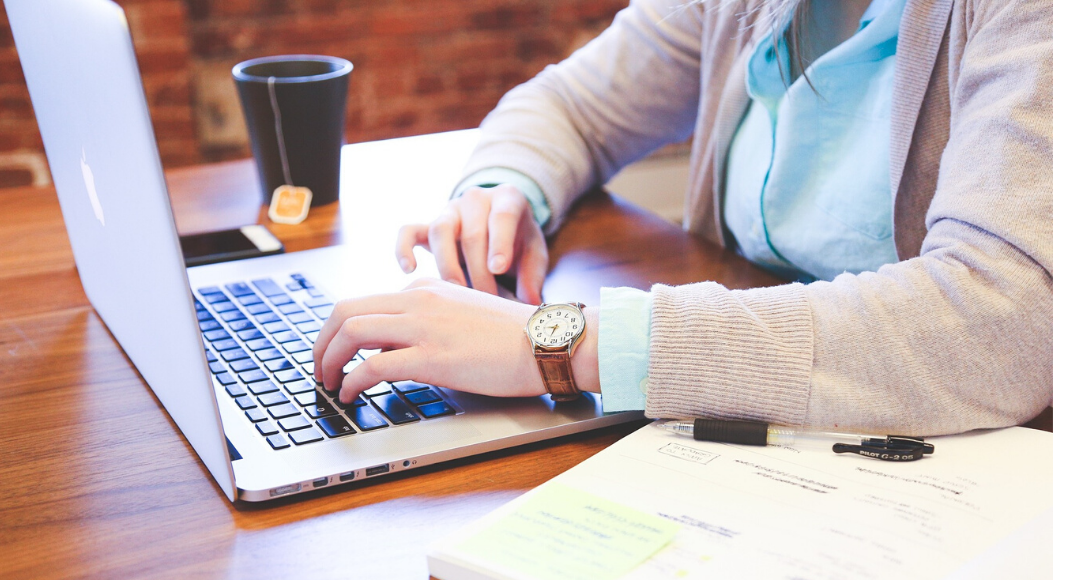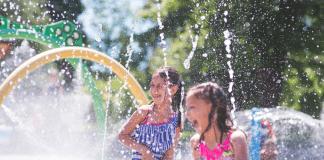I am a self-proclaimed do-er.
An overachiever. A person, like many others, who have benefitted from the achievement model. I have always been “rewarded” for being ambitious; therefore, being ambitious is how I have always been.
In fact, people often say to me, “How do you do it all?” The answer is I don’t know how not to. Like so many women and mothers in this time and space, I have been doing all. The. things. All. the. Time. For everyone else. Not realizing that it was an option not to. Not realizing that this doing was an overdoing– or an undoing. As in my undoing. As in the cause of my stress and anxiety.
In fact, I have recently come to the conclusion that this need for constant action is a form of high functioning anxiety. The society that we live in may not devalue this kind of anxiety because it makes us productive. But aren’t there more important things than being productive? And just because you can do something does it mean that you should?
 I have been on a quest to answer questions like these for the past few months.
I have been on a quest to answer questions like these for the past few months.
As is true of any good journey, it has been the sum of all its parts. I can’t exactly say where it began, but I do believe you have to hit rock bottom before you can make a change. So, I’m guessing somewhere between rock bottom and this journey is where this curiosity for a different way of being was born.
Somewhere along the journey, I read Kate Northrup’s book: Do Less: A Revolutionary Approach to Time and Energy Management for Busy Moms and as cliche as it sounds, this book was truly revolutionary for me.
It was so different than any other personal development book that I’ve ever read.
Do Less was so counterintuitive to how I had been raised. I’ve read so many books and listened to so many podcasts that have fueled my fire for overambition and overactivity. Sprinkled in with these reads, I have dabbled with forms of being– like mindfulness and meditation— but always as a “reward” or a break from the norm of my life which was a place and space for doing at all times. Constantly in motion. In a constant state of adrenaline.
This way of living is not sustainable. And do you know where I learned that a constant state of adrenaline leads you? To adrenal fatigue. That term used to seem like a catch-all or a “phrase that new age people say” because it seemed that everyone suffers from it–but now I totally get it. The diagnosis is real just as the struggle is real. And just because something is the status quo, doesn’t mean it’s healthy! Go ahead and read that again.
Everyone is drinking the I-have-to-constantly-be-busy-to-be-worthy Kool-Aid, and you can be the one to put down the cup.
So often in our society, we wear busy-ness like a badge of honor. We think being stressed out or anxious or overworked is the only way to exist. We wait for the self-care piece until we are breaking down or burning out. And finally, I had hit my rock bottom with this type of existence and had a new model to go from in the book Do Less. As Kate Northrup says, “(the do less) way of being makes self-care part of our rhythm as opposed to a reward.”
We don’t have to wait until we have burnt ourselves out to the point of no return and then go get a massage. There is no massage in the world that can bring us back to wholeness or harmony if we are “life tired” or our souls are fatigued. We have to be responsible for the energy that we bring to a space, and it is our job to energize ourselves on a regular basis instead of depleting ourselves to the point of no return.
Too often we forget that joy is our birthright and the way that we’re meant to feel. It isn’t just a reward for our accomplishments. Our lives should reflect our priorities. Our lives should be a place of harmony and joy and the decisions that we make should answer the question of how will this bring me joy or at least one step closer to joy?
There is no way for us to do it all and we need to stop perpetuating the myth that there is.
It’s time to bring back the village. And to ask for help and support. And to admit that we are human, and that is okay. In fact, it is more than okay–it is our reason for being here and it is beautiful. Our lives don’t begin when we get there–our lives are right now. The journey is the place of joy–not the destination or the accomplishment.
Do Less is a great starting point for a recovering overachiever like myself with its tangible experiments and research-based theories. So my advice is to start there and then take some time to be. In fact, I decided just recently to make a “to-be list.” How many “to-do lists” do you make daily? Weekly? And do those lists take you away from the act of being what you want to be? To be present. To be kind. To be focused. To be caring. To be with the humans in the room.
Don’t get so caught up in the doing that you forget that you’re a human being. It’s time to reclaim that being part of our existence and to do less and be more of who you really are.












